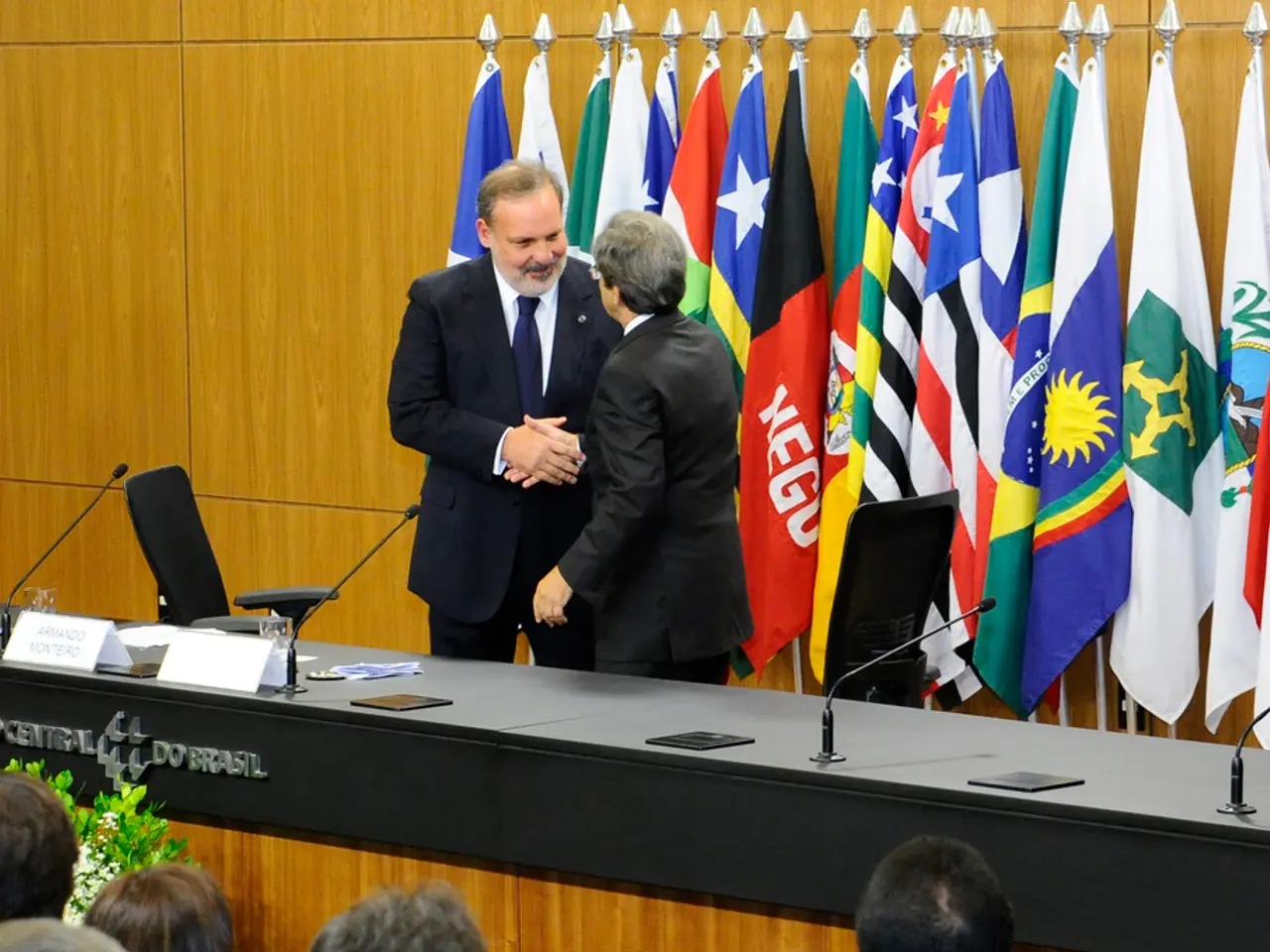The G7 Summit in Canada: A Review of Successes and Shortcomings
Outcomes of the G7 Summit and Unmet Expectations - Achievements and Non-Achievements at the G7 Meeting
Taking place in the picturesque mountainous region of Kananaskis, Canada, under Prime Minister Mark Carney's leadership, the 2025 G7 Summit made significant strides while also grappling with obstacles, particularly concerning Russia, trade disputes, climate change, and development aid.
Despite the early departure of Donald Trump and his rocky relationship with other leaders, the summit managed to avoid a complete disaster and set a precedent for dialogue among the leading democratic powers. This feat is crucial, given the NATO summit following close on its heels, where decisions on defense spending are to be made under pressure from the U.S.
German Chancellor Friedrich Merz commented on the summit's success, emphasizing the agreement on seven topics, including enhanced surveillance of human trafficking networks and critical minerals sourcing to reduce dependence on authoritarian powers like China. A joint stance on the Israel-Iran conflict was also reached, although it offered no clear path toward conflict resolution.
However, some pressing issues remained unresolved, including Russia's actions in Ukraine and the escalating Israel-Iran conflict, which overshadowed the summit. Additionally, a joint comprehensive trade agreement between the U.S. and Canada was missed, with the focus on negotiations instead. Development aid appeared less prioritized due to U.S. pressure, and climate change was only indirectly addressed.
Yet, Canada demonstrated a practical and targeted approach by producing multiple focused statements on various issues, instead of a traditional comprehensive joint communique. Key achievements included increased support for Ukraine, the trade negotiations between Canada and the U.S., and climate-related statements on wildfires and critical minerals.
In the wake of the summit, future initiatives may focus on resolving trade disputes, managing global conflicts, addressing climate change, and promoting development aid more comprehensively. Canada's handling of the 2025 G7 Summit, in a complex and challenging international environment, was generally considered effective and competent.
- The European Parliament has expressed its concerns about Europe's role in the fight against xenophobia in a recent resolution, emphasizing the need for more robust policies and legislation.
- Meanwhile, science and environmental-science communities are advocating for more action on climate-change, believing it to be a defining issue of our time.
- Some political analysts suggest that the EU's involvement in war-and-conflicts resolution should be expanded, particularly in regions where extremism and racism are on the rise.
- As for general news, the focus remains on the ongoing G7 Summit discussions and the implications they may have on various global policy matters, including trade, defense, development aid, and climate change.






